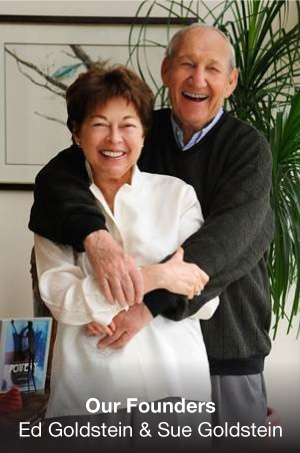Newsletters
Return to NewsletterThe Impact and Expansion of The Valerie Fund Psychology Program
Many children come to The Valerie Fund Children's Centers literally fighting for their lives and depending on their age and type of illness can be deeply affected psychologically by their health crisis. From diagnosis to well after treatment has ended, The Valerie Fund Center's multidisciplinary team identifies and treats the physical and emotional effects that manifest in pediatric patients. Intervention strategies and support services can reduce the negative impact of a devastating illness and ensure that every patient and their family is best able to cope with chronic problems that may be experienced at this intense and challenging time.
During the ongoing continuum of care, The Valerie Fund psychologists are responsible for managing an array of mental health services for patients and their families as they gauge each family's resilience and patient's psychological burden. The psychologists coordinate patient, sibling and family counseling and parent support groups. They will address the issues associated with long stays in the hospital, separation from family, isolation from friends, disruption in their normal schedule, repeated painful medical procedures and fear of the unknown that can compromise the patient's quality of life. Psychological problems could include changes in attitude and behavior, a breakdown in interpersonal relationships, depression and anxiety.
Bringing neuropsychological testing into the Centers means testing can be administered according to patient needs even before treatment begins and the cost, approximately $5000 per child is covered. By conducting a baseline assessment, learning deficits can be anticipated and diagnosed. Neuropsychological evaluations are designed to assess which patients transitioning back to school after a long absence may benefit from personal educational plans, remedial intervention, and other therapeutic services to address brain fog and concentration problems. Testing can also reveal academic or emotional struggles that occur well after treatment has ended and identifying these late effects can maximize a patient's potential.
360 Degrees of Impact. The Valerie Fund is halfway through a five-year strategic plan to increase and improve the impact we have on children and families served. In 2015, thanks to the generous support of the Steven and Beverly Rubenstein Charitable Family Foundation Psychology Program, on-site psychology services were provided to more than 100 patients and parents (467 individual visits) at two of the four Centers.
Psychological services across the four centers include hundreds more single and multiple therapeutic sessions, and hundreds of hours of neuropsychological testing led by Valerie Fund psychologists Heather Ginter at Goryeb Children's Hospital, Caridad Moreno at Newark Beth Israel, Natalie Nageeb at Children's Hospital of Philadelphia at Voorhees and new to The Valerie Fund family, Marie Barnett at New York-Presbyterian Morgan Stanley Children's Hospital.
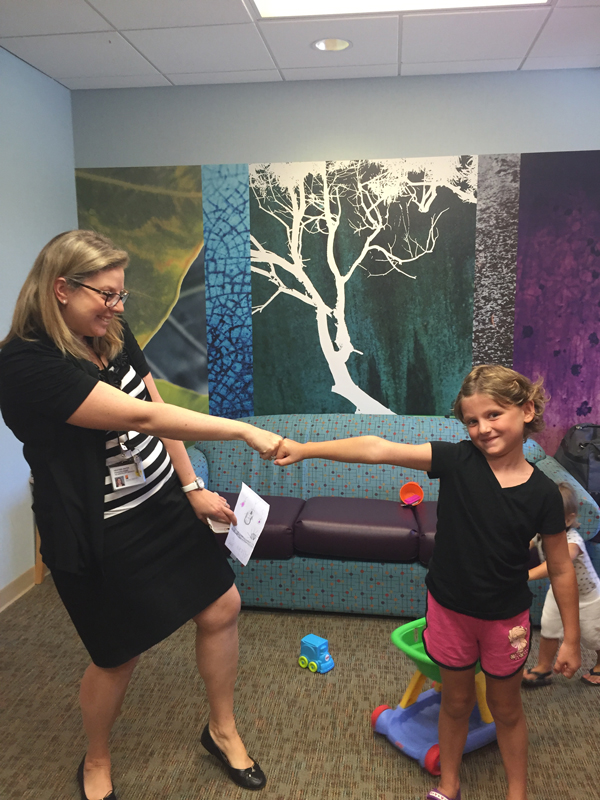
Dr. Heather Ginter
"Providing an in-house service to our families that was previously unavailable to them and sometimes difficult to attain has been the biggest impact on the patient community. Working for The Valerie Fund is an incredible opportunity to merge my interest in both psychoeducational testing and my knowledge of school-based supports with the unique needs of our patients. I have been able to help sort out various questions about each child's learning styles and make recommendations to their parents and teachers. For example, one young elementary age boy had been struggling in school after his treatment. Through the psychological testing battery which includes cognitive and education testing, we were able to identify undiagnosed and hidden learning disabilities. Making specific personalized and individualized educational goals for this young boy helped his self-esteem, his perception of school and his parents and teachers understand what might be the best classroom approach."
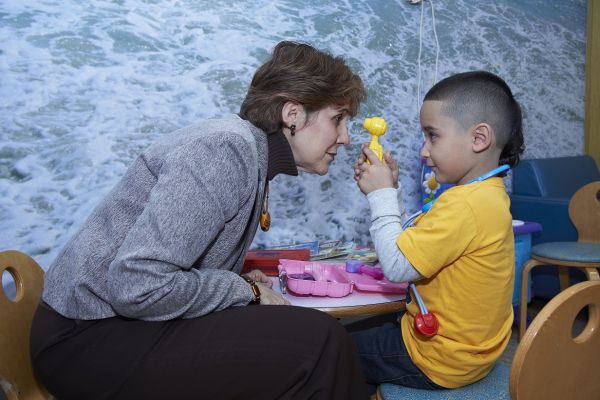
Dr. Caridad Moreno
"Families experience a great sense of relief just knowing that a psychologist is available to attend to their children in the event that they present with emotional, social, cognitive and/or difficulties coping in connection with their condition or treatment. Families also welcome the convenience of having psychological counseling offered in the same setting where their children receive medical treatment. I feel that the counseling and psychoeducational services that I provide as a psychologist have been very well received. I use my clinical skills and my expertise in the area of trauma to work with children with serious medical conditions. Therapeutic and/or crisis intervention can be offered as needed, for children or family members. And since I am bilingual in Spanish and English, children and/or parents who do not speak English have been able to receive counseling services in their native language."
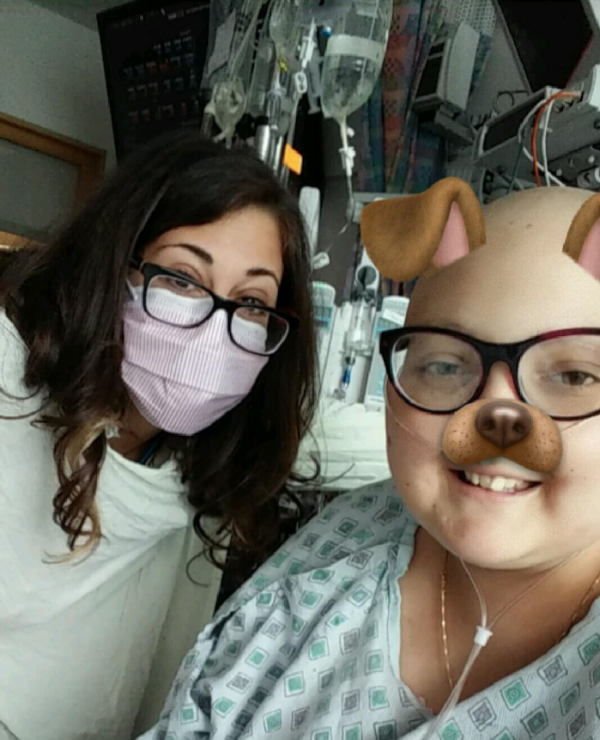
Dr. Natalie Nageeb
"I am honored to be part of The Valerie Fund and all the incredible work that they do in offering services to those families who otherwise may not have access. The Valerie Fund has made it possible for me to reach families and educate them on what psychosocial services I can offer them. Psychology has held a long-standing unfortunate stigma regarding therapy and what "needing therapy" implies. They can have a therapist with who they really enjoy spending time and ultimately build a genuine, caring relationship through that process. When these families are going through the multitude of hardships associated with these medical illnesses, often they do not event realize some of their needs until they begin to be fulfilled. A person who can speak to their deeper emotions and align with them to really understand their struggle without judgment is an experience many people never discover until given the opportunity."
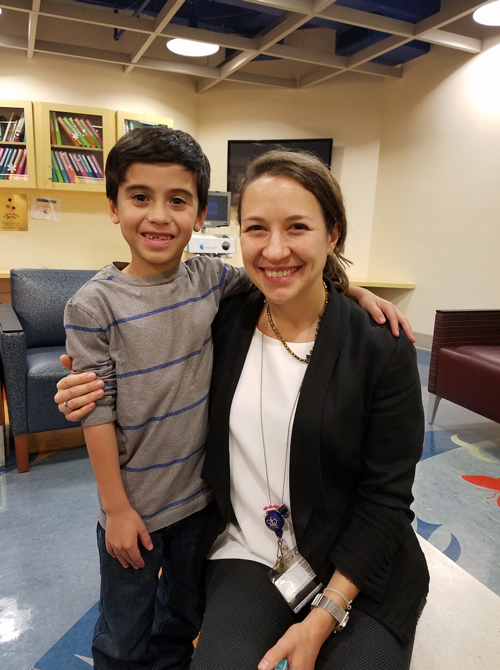
Dr. Marie Barnett
"The best part of my job is learning from my patients and their families. Perhaps most significantly, I have learned that cancer is, in many ways, not a disease to be "cured" but becomes an indelible part of a patient and family's life. Part of my responsibility is to lean in and help them cultivate the confidence to embrace this unknown and their "new normal." To illustrate, for several months a 10-year-old boy and I met weekly prior to the completion of his leukemia treatment. We checked in on his thoughts and feelings and how they impacted his daily activities and behaviors. Our focus then shifted to his fears, worries and goals after treatment "ended". Together we formulated questions and developed ways to think about unknowns and not seeing his medical team every week. This involved talking about positive and negative memories during treatment. We cried, and laughed. We transitioned to the ways cancer made him stronger and more confident---using his own narrative and own words."
